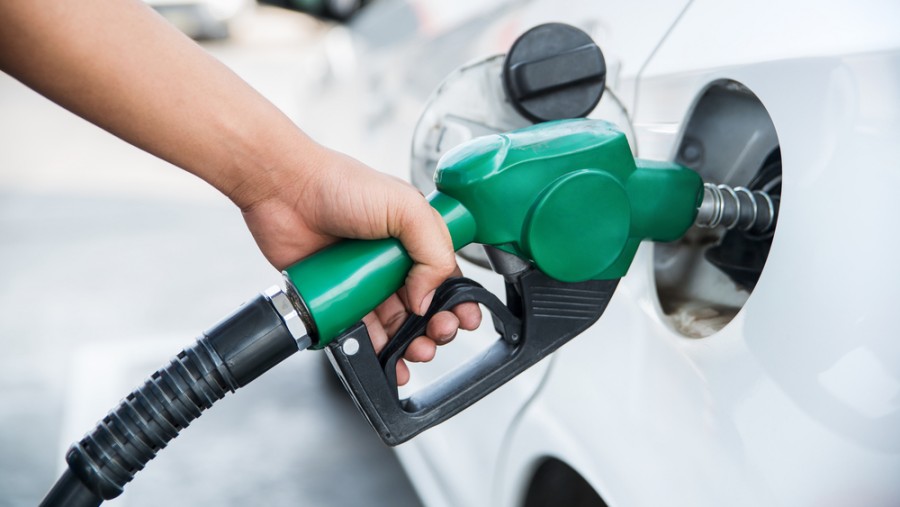Concerned over the steep rise in petrol, diesel and LPG prices in the recent weeks, Jharkhand Pradesh Congress Committee has announced to hit the streets, demanding the Union government to rollback price in order to lessen financial burden on common man. Congress, which is part of the incumbent coalition state government, however has ruled out the possibility of slashing the state's value added tax (VAT) on petrol and diesel stating that doing so would push the state into financial distress.
Announcing their plan of action after a meeting at its party office on Monday, party president Rameshwar Oraon said, “On February 26, we have decided to hold mashal julus (torchlight procession) at district and block levels across the state to protest against Narendra Modi government’s inhuman move of constantly hiking fuel prices. On February 27, the party will hold demonstrations at all the district headquarters.” The party has also been holding different protest activities against the three contentious farm laws by the centre in solidarity with the farmers who are protesting along Delhi borders for almost three months now.
Oraon said that after organising two successful tractor rallies at Godda and Hazaribag, respectively, in recent weeks, they will soon chalk out plans to intensify their stir in this regard. “Farm rallies and stir against fuel prices will continue till the NDA government wakes up from its deep slumber and bails out the public,” he said.
Currently, petrol and diesel are priced Rs 88.08 and Rs 85.60 per litre respectively in Ranchi. State government imposes Rs 17 VAT on petrol and Rs 12 on diesel. Asked if the state government would like to reduce their state VAT, on the lines of the move done by a few states recently, Oraon, who is also state's finance minister, denied the possibility in near future.
“How can we sustain if state VAT is reduced? After the rollout of goods and service tax (GST), the union government has blocked all the avenues of revenue generation for the states, barring VAT and local manufacturing tax. If we are to reduce these also, how can we generate funds to run the state,” said Oraon.
“At a time when global crude oil prices are down, we are failing to understand why the fuel prices in our country are going up. Since, the centre rolled out GST to promise one nation, one tax formula, the onus of regulating prices largely lies with it. It must reduce fuel prices and not put the onus on the states,” he added.











